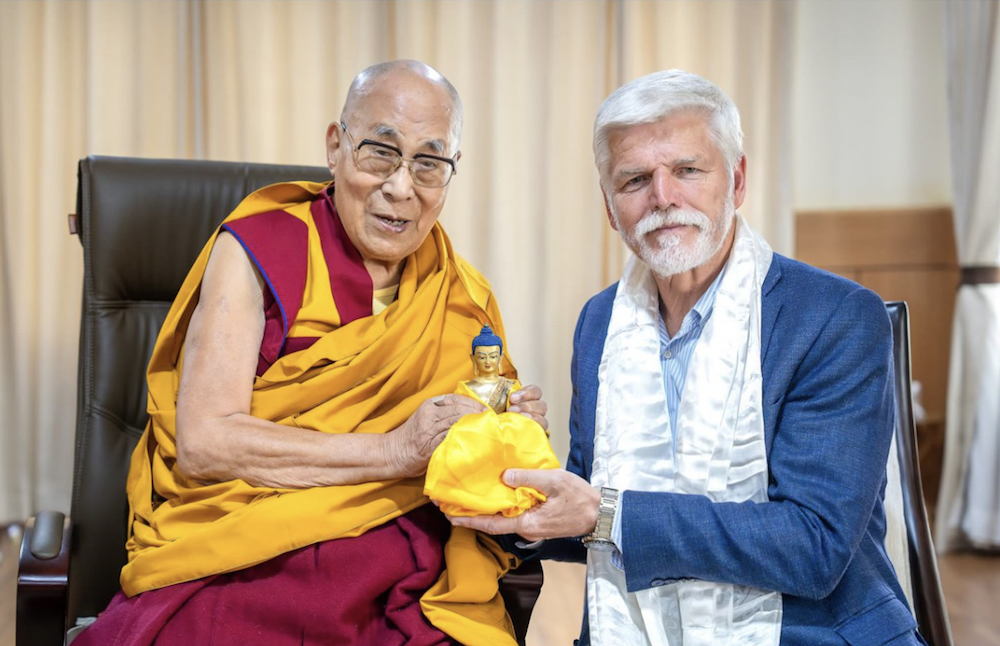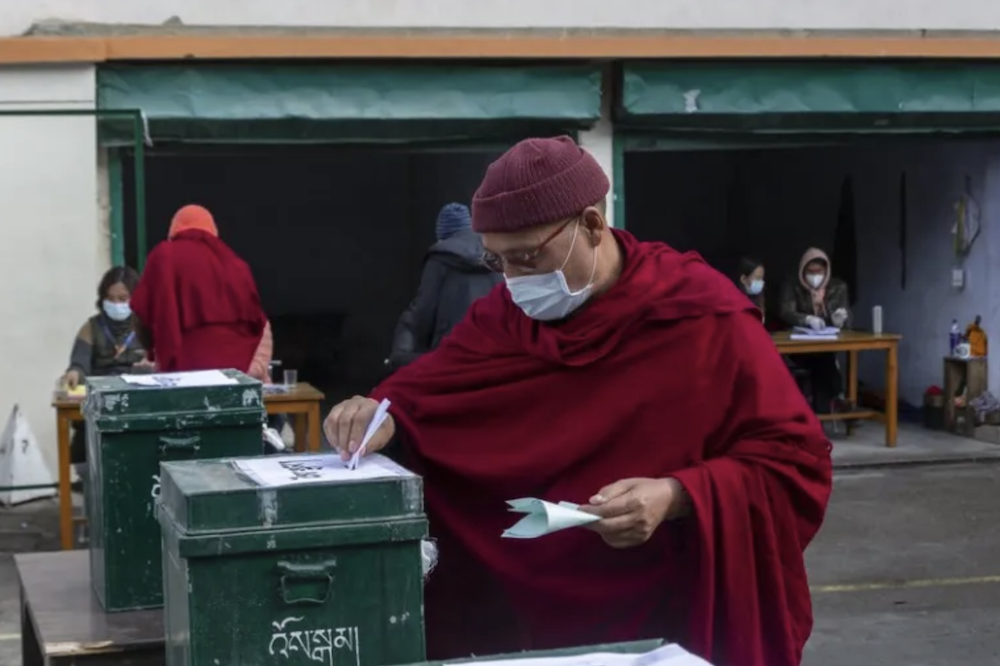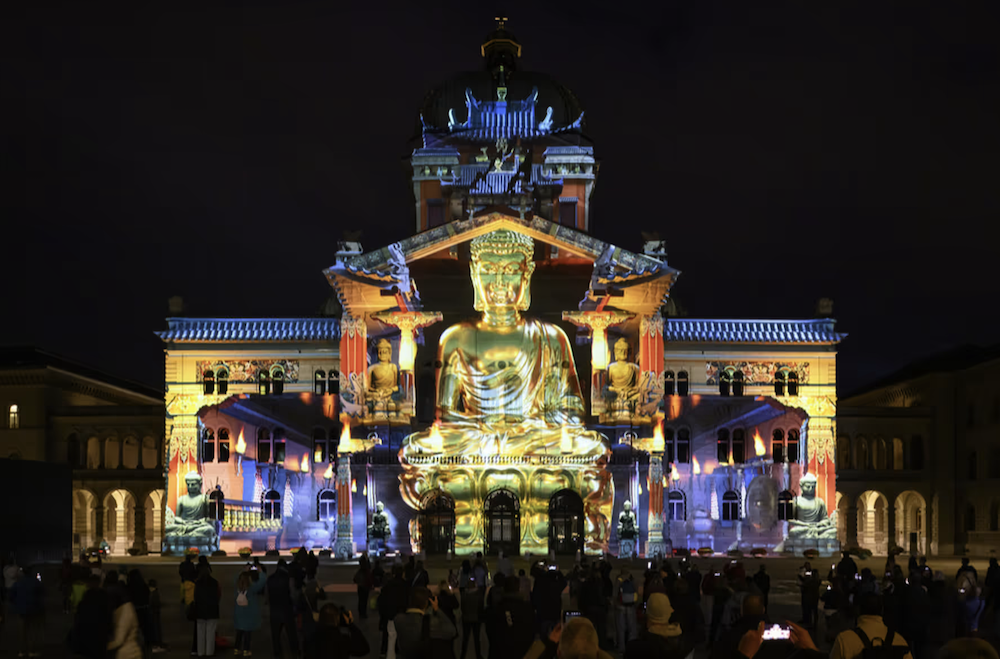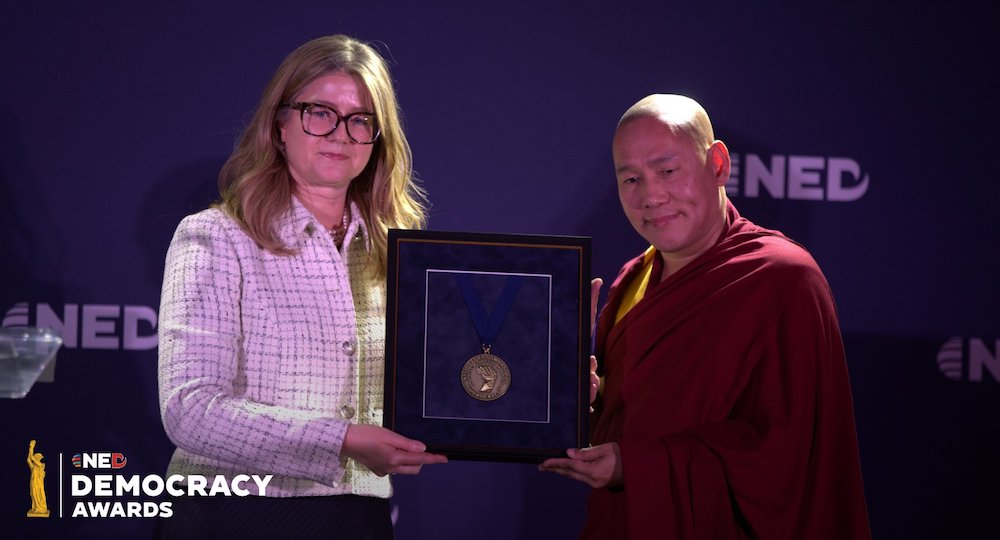Tsering Dhundup
DHARAMSHALA, Sept. 29: A newly proposed law in China has sparked alarm among rights groups, who warn it will entrench repression of minorities, accelerate forced assimilation, and expand Beijing’s ideological control beyond its borders.
The 62-article draft Law on Promoting Ethnic Unity and Progress, submitted to the National People’s Congress on September 8, outlines sweeping measures to consolidate Communist Party authority in all areas of life, from education and religion to tourism, media, and family life. An official explanatory note says the law “implements General Secretary Xi Jinping’s important thinking” on ethnic affairs and promotes “the common prosperity and development of all ethnic groups … along the path of rule of law.”
International rights watchdog, Human Rights Watch (HRW) condemned the draft, saying it provides “a broad legal framework to justify existing repression.” “The Chinese government’s draft law on promoting ethnic unity seeks to mobilize the bureaucracy and society to unite people under Chinese Communist Party leadership at the expense of human rights,” said Maya Wang, HRW’s associate Asia director. “Tibetans, Uyghurs, and others who speak out for minority populations can expect even greater government repression.”
The law seeks to erase rights guaranteed under the 1984 Law on Regional National Autonomy, which allowed minorities to use and develop their own languages. Article 15 of the draft instead prioritizes Mandarin Chinese, requiring minority children to begin learning it in preschool and be fluent by the end of compulsory schooling.
In Tibet, East Turkestan, and Inner Mongolia, authorities have already curtailed mother-tongue education despite widespread protests by students, parents, and teachers. The draft law codifies these restrictions, ensuring Mandarin dominance in schools, public life, and official documents.
The law calls for the transformation of “customs and habits” deemed incompatible with “civilization and progress,” including regulating marriage practices (article 40). It also mobilizes state and non-state actors—enterprises, religious groups, foundations—to propagate party ideology (article 44). Parents, under article 20, would be required to raise children to “love the Chinese Communist Party” and embrace the idea of a single Chinese nation.
Acts deemed to “damage ethnic unity” would be criminalized under vague language that has long been used to silence dissent. In Tibet, defending language rights or opposing mass relocations has been punished as “separatism.” In East Turkestan, the authorities’ “Strike-Hard Campaign” labels peaceful religious practices, such as studying the Quran without state approval, as “ideological viruses.”
The draft law also extends Beijing’s ideological reach overseas. Article 17 directs authorities to spread the concept of a unified Chinese nation through international academic, civil society, and cultural exchanges. Article 61 goes further, threatening to hold “organizations and individuals outside China” legally accountable if they are deemed to undermine national unity.
China has already pressured foreign institutions to adopt Beijing’s terminology, such as referring to Tibet as Xizang, and has engaged in transnational repression, targeting students and diaspora communities abroad by harassing their families at home. In July, Chinese authorities arrested Zhang Yadi, a student for “inciting separatism” after she expressed support for Tibetan rights while overseas.
The draft law’s preamble asserts that the People’s Republic of China is the inheritor of an unbroken “5,000-year civilization,” framing the CCP as the guardian of a “unified multi-ethnic nation.” This narrative has become central to Xi Jinping’s governance, where forced assimilation of minorities is presented as national “progress.”
“The draft law on ethnic unity is a blatant effort by the Chinese government to control people’s thoughts and expression about China both inside and outside the country,” Wang said. “Concerned countries should push back against these efforts by pressing the Chinese government to scrap the law and stop persecuting ethnic minority communities and their supporters.”
Rights groups warn that If passed, the law would formalize and intensify the suppression already seen in Tibet and East Turkestan, while institutionalizing Beijing’s reach into classrooms, religious spaces, homes and even communities abroad.










